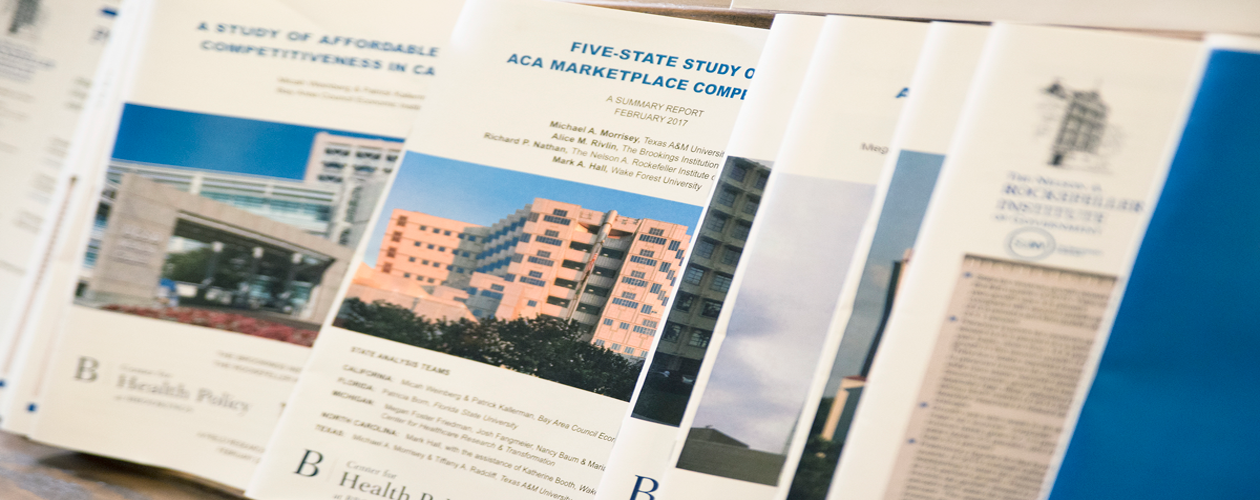No end in sight for states amid increased budgetary uncertainties and with sluggish revenue forecasts ahead
Albany, NY—Today, the Rockefeller Institute of Government issued a report “2016: Another Lackluster Year for State Tax Revenue” finding that state tax revenues weakened significantly in fiscal year 2016 as states continue to recover slowly from the deep declines caused by the Great Recession. The report, authored by Senior Research Scientist Lucy Dadayan and Fiscal Studies Director Don Boyd, found:
- State tax revenue growth weakened significantly in fiscal year 2016, growing only 1.2 percent, a slowdown from 4.7 percent growth in fiscal 2015.
- Although technically the sixth consecutive year of growth, after adjusting for inflation, state tax revenue actually declined by 0.1 percent in 2016.
- State tax revenue in 2016 was the weakest since 2010, when tax revenue declined by 1 percent in nominal terms
- Sales tax and personal income tax, which combined represent over two-thirds of all tax revenue to the states, had weak growth of only 0.2 and 0.9 percent, respectively, after adjusting for inflation.
- State tax revenue declined in 14 states in nominal terms. More than half of the states with declines were heavily dependent upon oil and mineral production caused by a drastic fall in oil prices and production.
Weak tax revenue has constrained state resources sharply, and the Trump administration’s federal tax reform proposal has increased budgetary uncertainty. With similarly sluggish tax revenue forecasts for 2017 and 2018, there does not appear to be fiscal relief coming any time soon for states. If anything, the potential tax and budget cuts at the federal government will only exacerbate the problem.

